
Divorce is one of life’s most difficult transitions, and many men discover its realities only when it’s too late. While most expect financial strain or emotional pain, few realize the deeper truths that surface long after the paperwork is signed. Divorce reshapes not only relationships but also family dynamics, friendships, and personal identity. The impact extends far beyond legal proceedings and lingers in daily life. Understanding these hidden truths can prepare men for the road ahead. Here are 20 often-overlooked realities that make divorce more brutal than anticipated.
Loneliness Hits Harder Than Expected

The silence after separation can be crushing. Men who once took companionship for granted often find the absence overwhelming. Even if the marriage was strained, the sudden lack of presence leaves a void. Nights feel longer, and the comfort of routine vanishes quickly. Loneliness becomes one of the most underestimated challenges of divorce. Without effort to build new connections, the emptiness can persist for years.
Anger Doesn’t Solve Anything
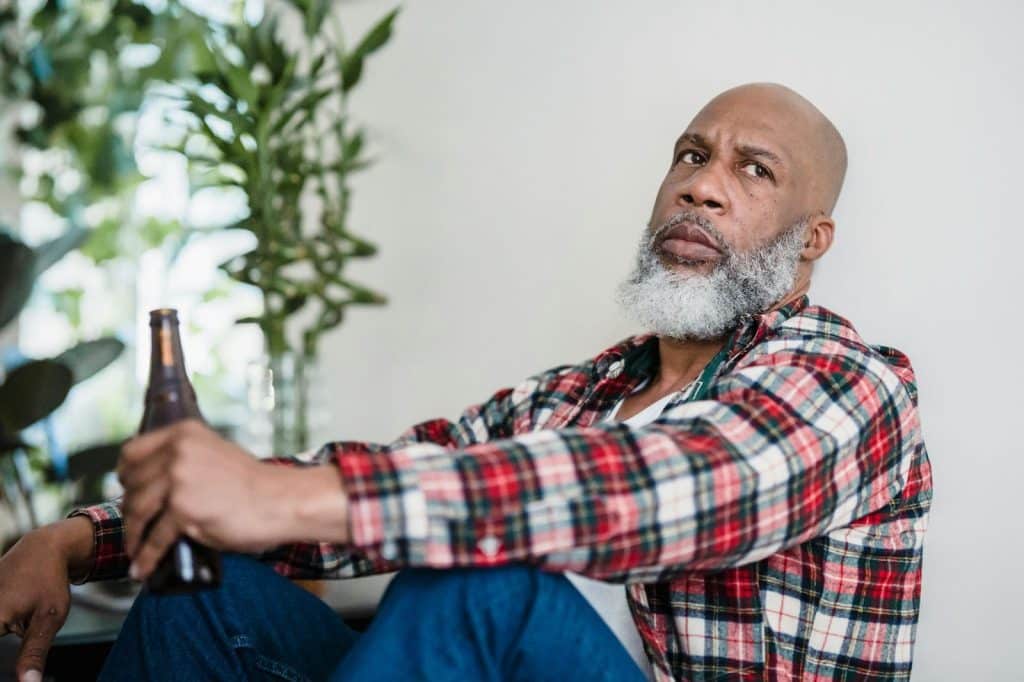
Many men lean on anger as a shield, believing it provides strength. In reality, it prolongs pain by preventing healing and reconciliation. Bitterness becomes exhausting, leaving men stuck in the past. Holding onto resentment often alienates children, friends, and potential partners. Anger may feel powerful in the moment but weakens resilience over time. True strength comes from processing emotions instead of suppressing them.
Emotional Healing Takes Longer Than Financial Recovery

Money problems, while stressful, often stabilize sooner than emotional scars. Men may rebuild income or assets but still feel emotionally adrift. Healing from betrayal, regret, or rejection takes longer than expected. Lingering feelings can disrupt new relationships and self-confidence. Emotional wounds demand patience, reflection, and often professional support. Recovery is a journey measured in years, not months.
Guilt Can Be Just as Heavy as Grief

Divorce doesn’t just end a marriage, it often brings regret over what could have been. Men may replay mistakes and wonder if different choices would have saved the relationship. Guilt over children’s pain, lost time, or missed opportunities can be relentless. Unlike grief, which eventually eases, guilt lingers unless confronted. It becomes a weight that affects both emotional health and future decisions. Processing guilt requires forgiveness of oneself as much as the past partner.Divorce Is More Expensive Than Anticipated
Divorce Is More Expensive Than Anticipated

The cost of divorce often exceeds expectations. Legal fees, settlements, and the expenses of living separately quickly add up. Men are often surprised at how quickly savings evaporate during the process. Financial plans for the future may be delayed or derailed altogether. What once seemed manageable becomes a long-term burden. Divorce is not just emotionally costly but financially draining.
Property Division Rarely Feels “Fair”

Assets aren’t always split in ways men anticipate. Even when the law aims for fairness, emotions and legal technicalities can complicate outcomes. Men often feel blindsided by how property, investments, or retirement funds are divided. The result may feel less like equity and more like loss. Fairness in divorce is often subjective, leaving lasting frustration. Accepting the process is key to moving forward.
Child Support and Alimony Reshape Finances

Support obligations often continue long after divorce papers are signed. Monthly payments can drastically alter a man’s financial flexibility. Even when agreed upon fairly, these commitments may feel overwhelming. Men often underestimate how much these responsibilities affect long-term plans. The reality is that obligations outlast emotions. Financial adjustment requires careful planning and acceptance of new priorities.
Rebuilding Wealth Takes Time
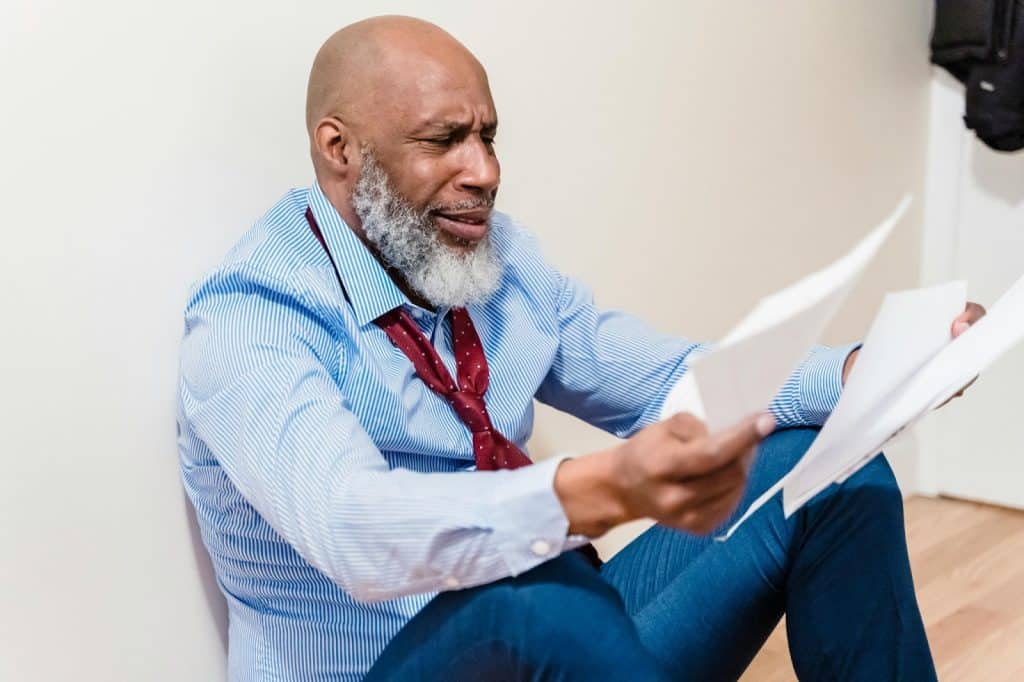
Starting over financially is rarely quick. Men may face years of adjusting to reduced income and lifestyle changes. The dream of buying another home, traveling, or retiring comfortably often feels distant. This reality can be discouraging, especially when rebuilding alone. Yet with discipline and patience, financial stability does return. The key is recognizing that recovery is gradual, not instant.
Co-Parenting Is a Lifelong Role
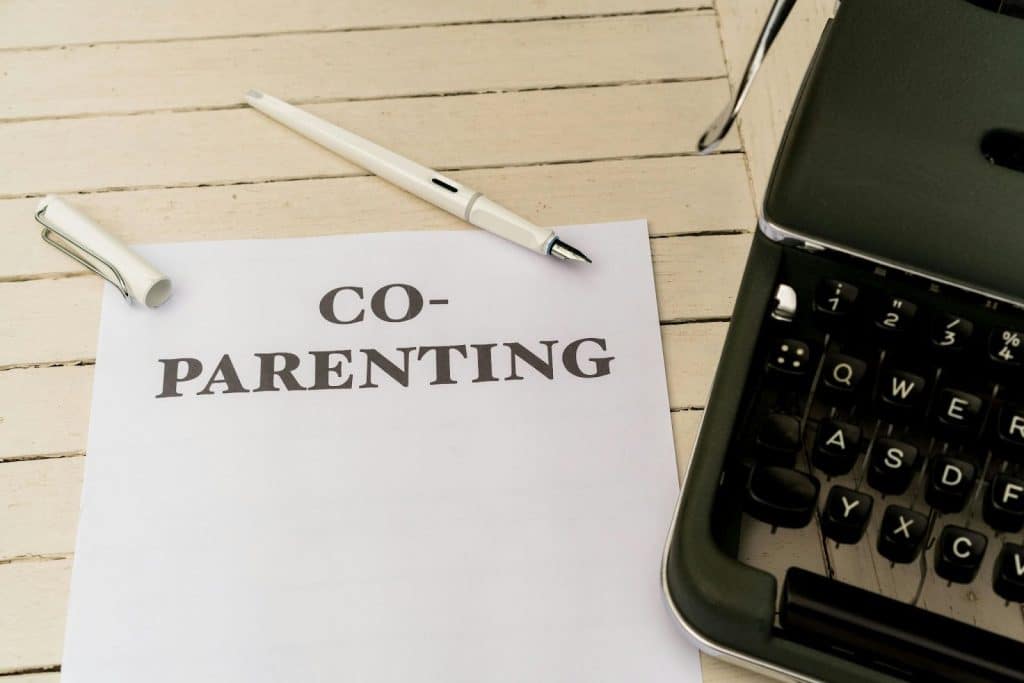
Divorce ends a marriage but not parenthood. Men often underestimate how much coordination is required in co-parenting. Scheduling, decision-making, and shared responsibilities continue for years. Even when children are grown, milestones still require cooperation. Divorce may change the structure, but the relationship with the ex remains necessary. Co-parenting is a commitment that never fully disappears.
Kids Feel the Divide Even When Adults Don’t Fight

Children often internalize divorce more deeply than parents realize. Even in peaceful separations, kids sense loss and confusion. Men may assume that avoiding arguments spares children pain, but the divide itself leaves an impact. Emotional struggles surface in subtle ways, from school performance to trust in relationships. Divorce reshapes childhood in ways adults can’t always see. Awareness and reassurance are crucial for children to adapt.
Holidays and Traditions Become Complicated

What once brought joy can become a logistical challenge. Holidays often require negotiation, compromise, and new routines. Men may find themselves spending cherished days alone or with partial family. Traditions feel altered, even when efforts are made to preserve them. These changes bring a sense of loss that lingers year after year. Creating new traditions is often necessary to restore joy.
Extended Family May Drift Away

In-laws and family friends sometimes step back after divorce. Bonds once felt permanent may dissolve when loyalties are divided. Men often feel the loss of these connections more deeply than expected. Extended family gatherings may no longer include them. What seemed like a lifelong community can fade quickly. The social ripple of divorce often reaches further than anticipated.
Friends Often Take Sides

Divorce doesn’t just separate spouses, it often divides friendships. Mutual friends may feel pressure to choose sides. Men may discover that people they considered close no longer reach out. The social circle shrinks, creating unexpected isolation. Friendships that survive often change in tone and closeness. Divorce reshapes social landscapes in ways that can feel isolating.
Dating After Divorce Feels Different

Returning to dating after years of marriage can be daunting. Men often underestimate how much the social scene has changed. Online platforms, new expectations, and personal insecurities add to the challenge. What once felt natural now feels awkward and uncertain. Dating after divorce requires patience and self-discovery. It becomes less about impressing and more about rebuilding confidence.
Social Stigma Still Exists

Although divorce is common, stigma lingers in many circles. Men may encounter judgment at work, in communities, or within extended families. The label of “divorced” can carry assumptions about failure. These perceptions, though unfair, can affect self-esteem and social interactions. Stigma is less overt today but still impactful. Overcoming it requires confidence and resilience.
Isolation Creeps In Easily
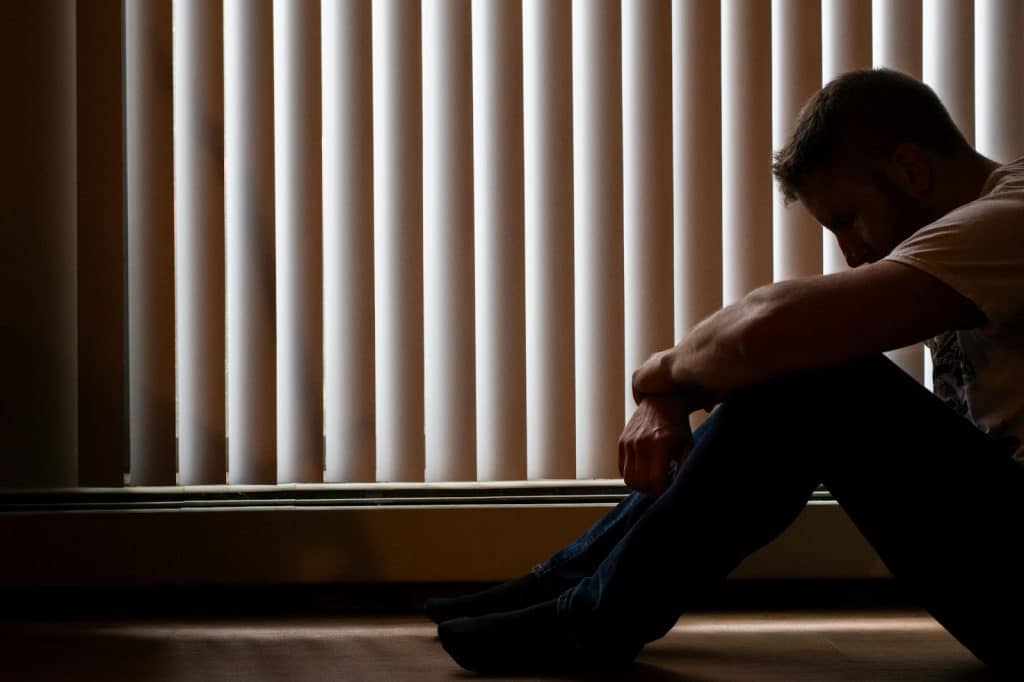
Without intentional effort, men can slip into isolation after divorce. With routines disrupted and social circles changed, retreating inward feels natural. While solitude has its place, too much of it prolongs pain. Men may withdraw from activities they once enjoyed, further deepening loneliness. Rebuilding social life takes courage and energy. Connection is essential to avoid becoming stuck in isolation.
Therapy Helps More Than Pride Will Admit

Professional guidance often provides clarity that friends and family cannot. Men may resist therapy out of pride, but it can accelerate healing. A neutral perspective helps untangle emotions and create strategies for growth. Therapy also provides tools for healthier future relationships. Far from weakness, seeking help demonstrates strength. Those who embrace it often recover faster and more fully.
Closure Rarely Comes from the Ex

Many men hope for reconciliation or final words that bring peace. In reality, closure seldom comes from the other person. Waiting for validation or apology prolongs suffering. True closure must be found within, through acceptance and self-reflection. Expecting it from an ex keeps emotional wounds open. Healing comes when closure is self-created.
Life Can Be Rebuilt Stronger
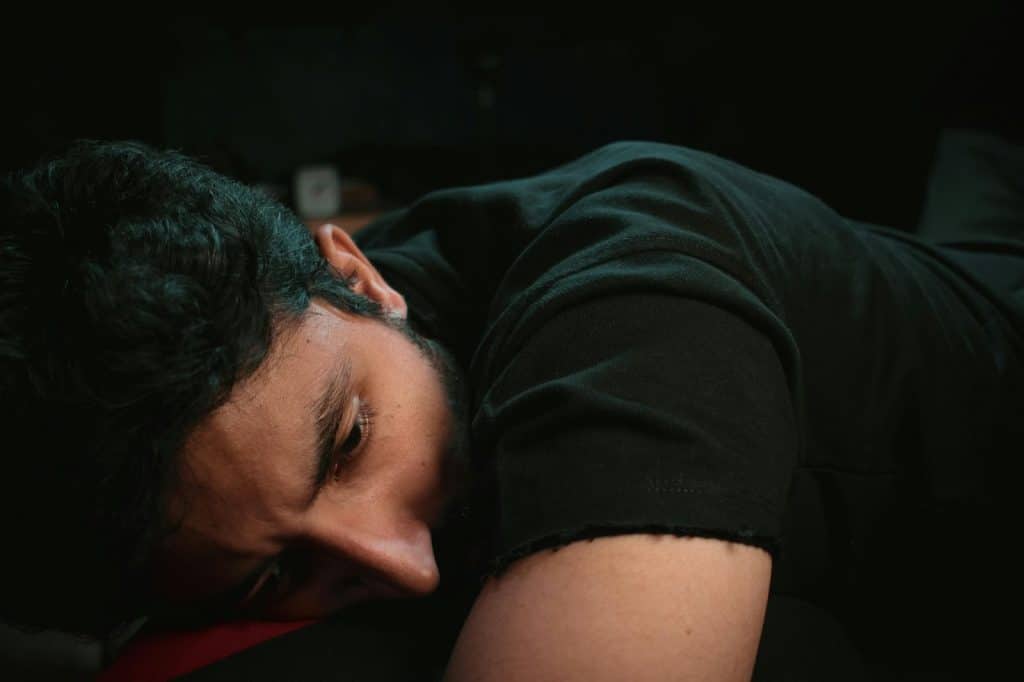
Though painful, divorce can serve as a turning point. Many men discover resilience and independence they didn’t know they had. New opportunities emerge when old patterns are broken. While the loss is real, so is the chance for growth. Men who focus on rebuilding often create stronger, healthier lives afterward. Divorce is an ending but also a beginning.
Moving On Takes Patience, Not a Quick Fix

Rushing into new commitments often leads to repeated mistakes. Men may underestimate how long genuine healing requires. Jumping into relationships as a distraction rarely brings lasting satisfaction. Moving on demands patience, self-awareness, and intentional growth. Over time, the lessons learned pave the way for healthier love. True recovery is gradual but worthwhile.
Conclusion

Divorce carries far more weight than most men anticipate. Beyond the legal and financial challenges, it reshapes emotions, family ties, friendships, and self-identity. These 20 truths reveal how deep the impact runs and why awareness is crucial. While the process is brutal, it also offers lessons in resilience and renewal. Men who face these realities with honesty and patience often emerge stronger. Divorce may close one chapter, but it can also set the stage for a more intentional life ahead.






Ask Me Anything